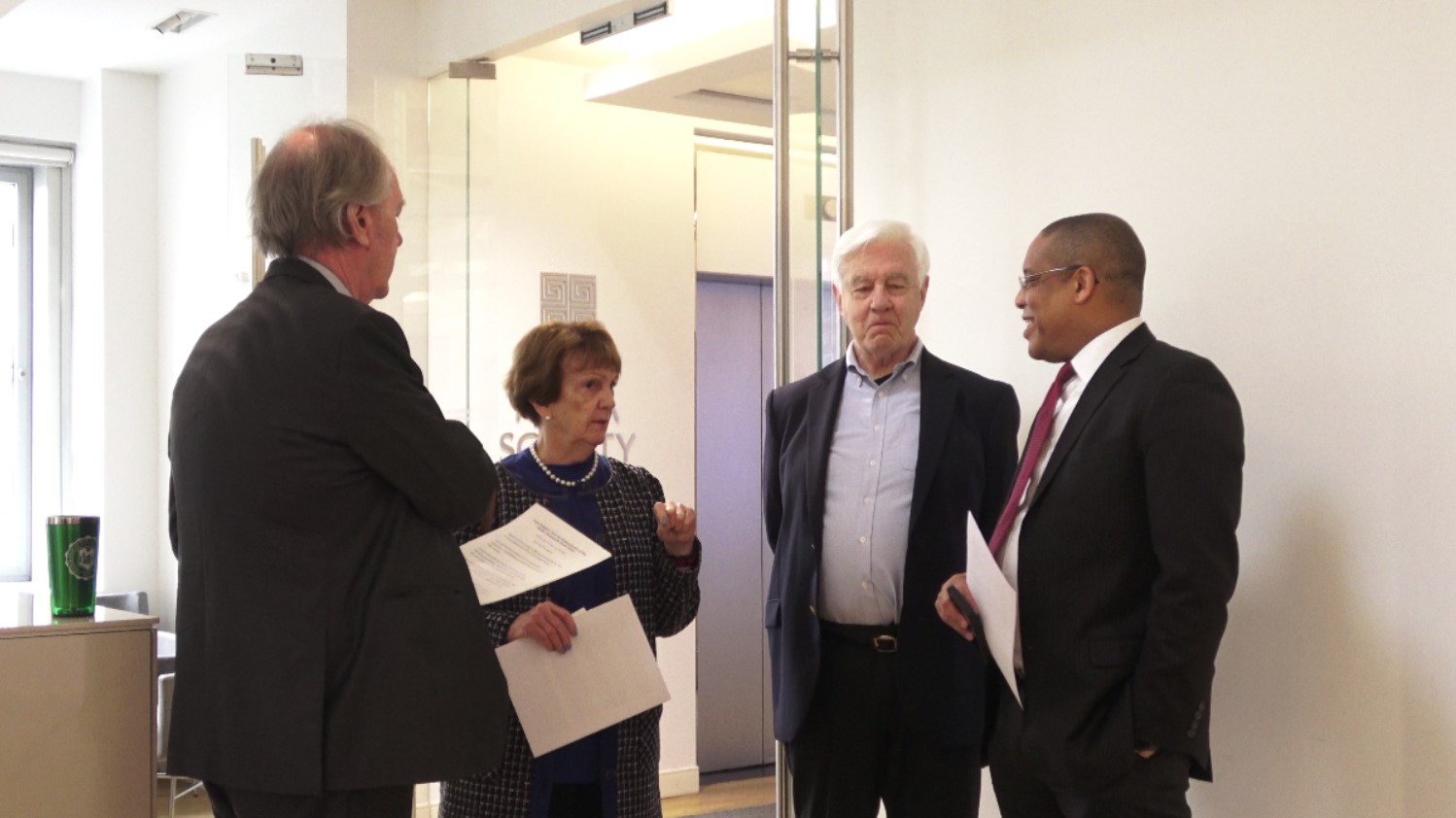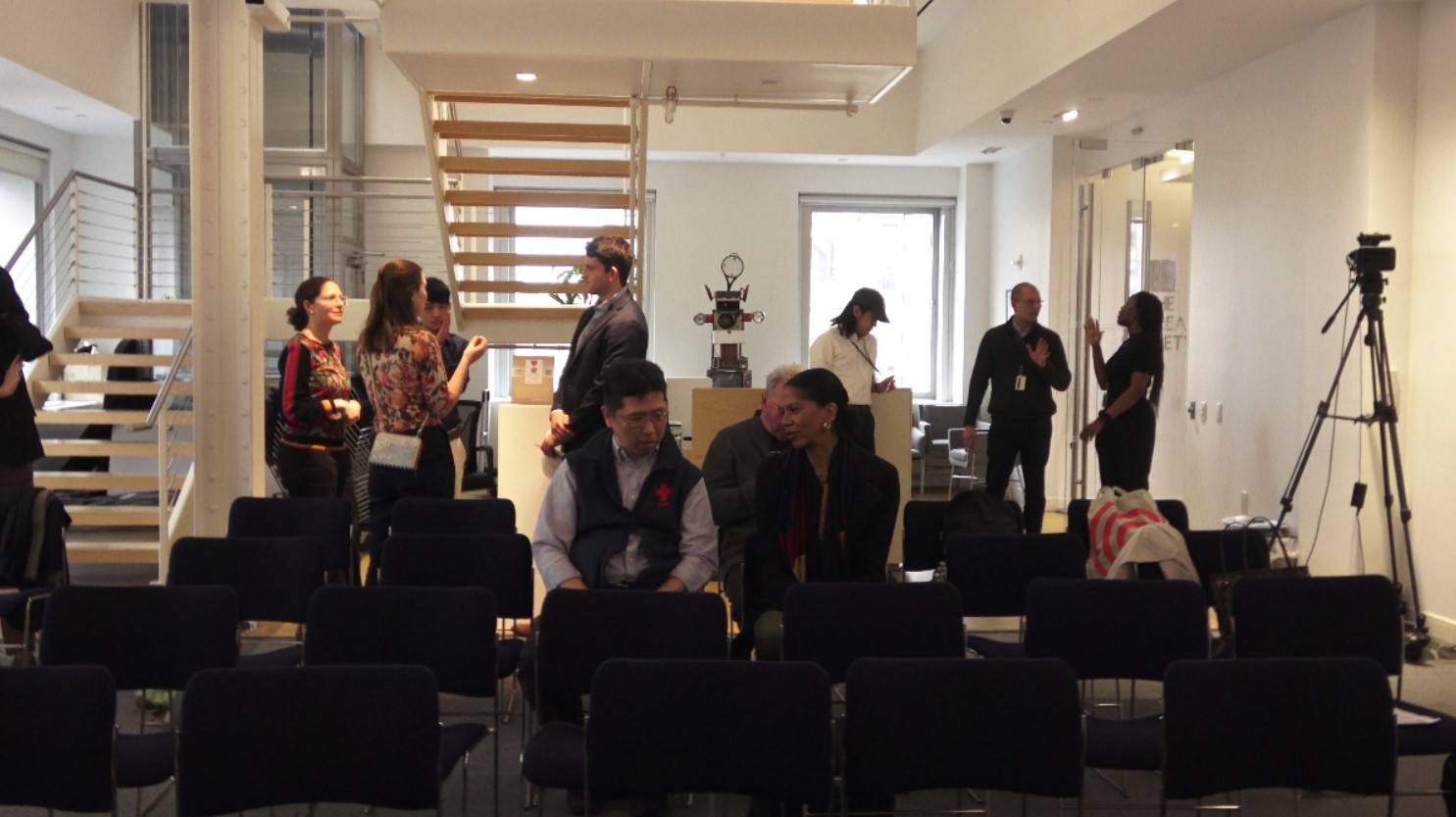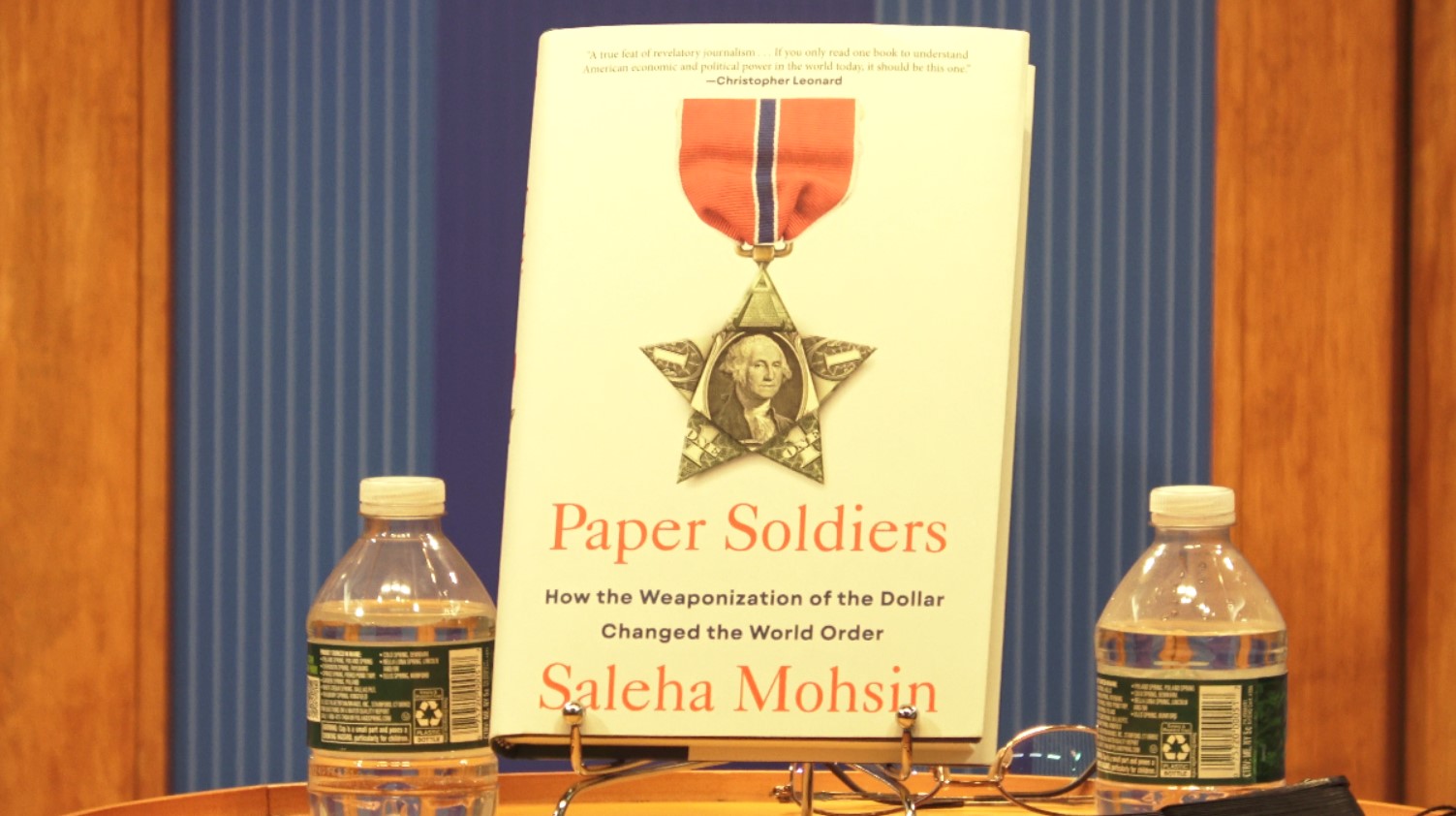Celebrity Media Editor's Note: Yesterday, at an event co-hosted by the Korea Society and the National Committee on American Foreign Policy, industry experts and thought leaders gathered to discuss the complex dynamics of the dollar's impact on the global order. Attendees participated in a discussion and explanation by Celia Mosen about her work, "Paper Soldiers - How the Weaponization of the Dollar Changed the World Order." Tom, the President and CEO of the Korea Society, emphasized that their mission is to deepen the ties between Korea and the United States, laying the foundation for cross-border dialogue on the nuances of economic and political differences.
The dialogue also touched upon the challenges faced by the US economy, emphasizing the interconnectedness of domestic policies and global economic structures. The event facilitated a robust discussion on the resilience of the dollar amidst geopolitical shifts and financial uncertainties, offering a platform for attendees to engage with the economic narratives shaping our world.
The insightful conversation underscored the importance of understanding the dollar's weaponization and its broader implications. It highlighted the need for collaborative efforts to navigate the evolving global landscape and to consider the future of economic strategies in shaping a balanced global order.
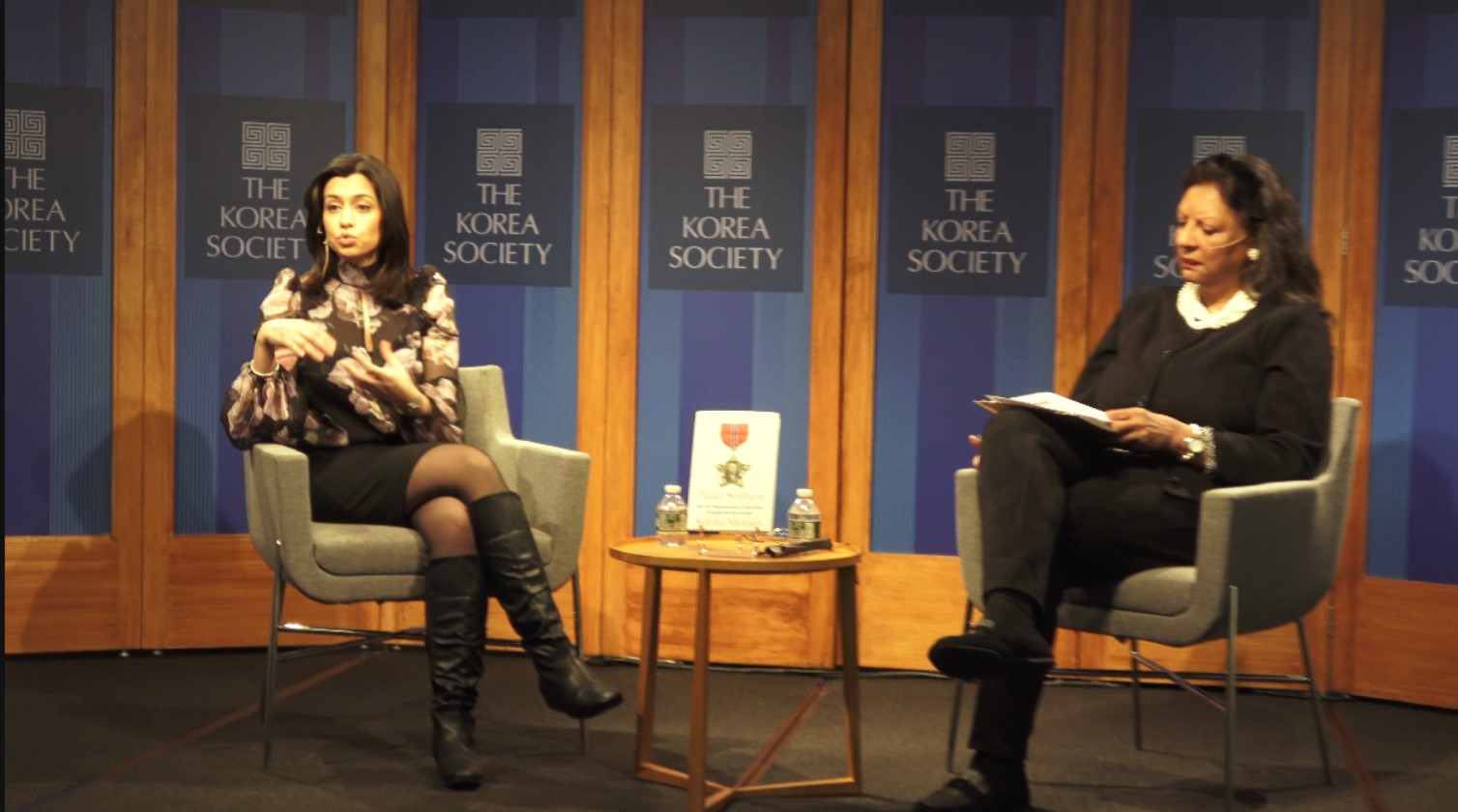
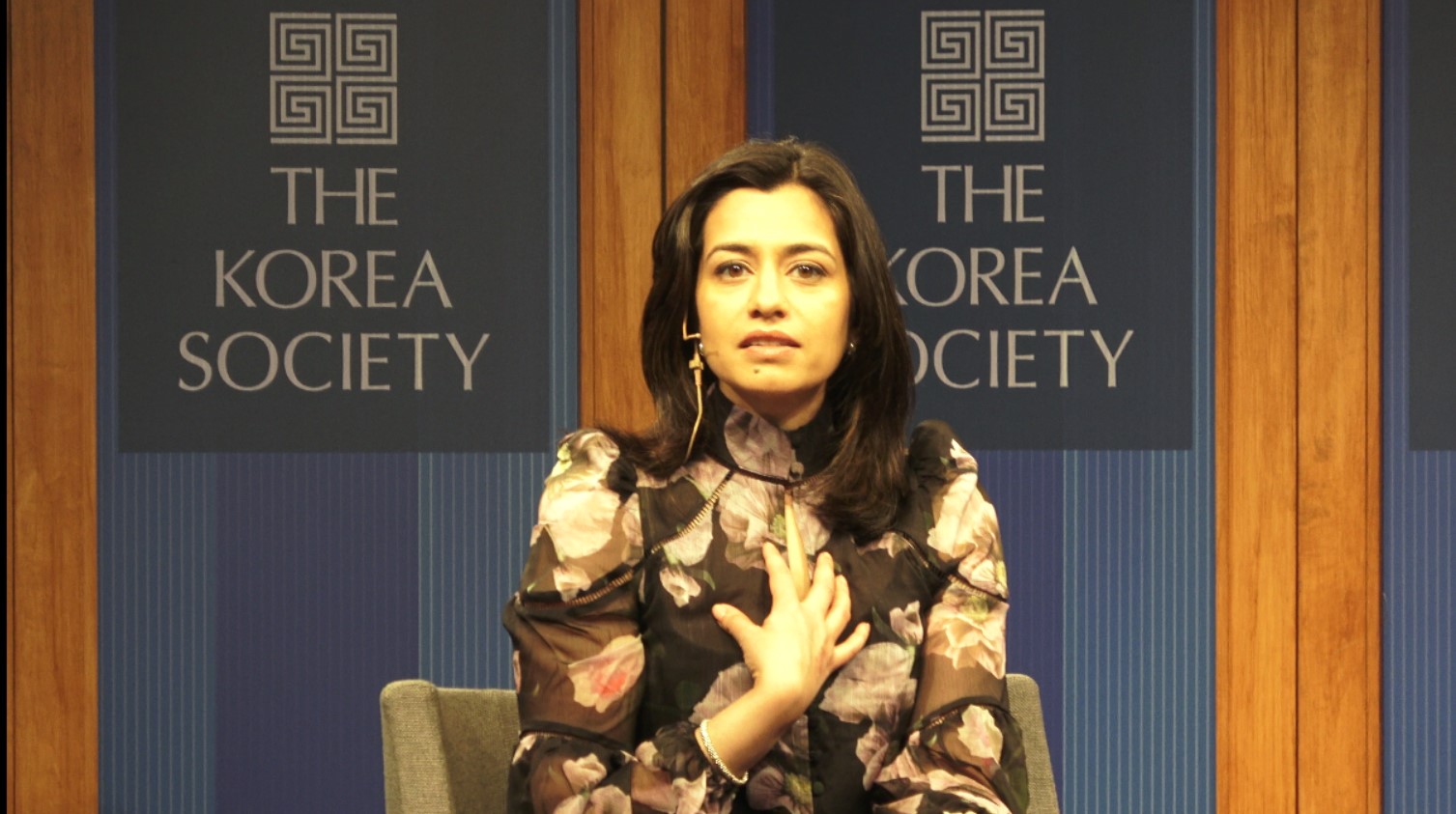 Main Speaker: Celia Mosen, Senior Washington Correspondent, Bloomberg News
Main Speaker: Celia Mosen, Senior Washington Correspondent, Bloomberg News
Celia Mosen delved into the strategic use of the U.S. dollar by the Treasury to assert global dominance and the implications of this strategy on international relations and economic stability. She discussed the nuanced aspects of economic sanctions, the resilience and challenges of the U.S. economy, and how American allies perceive the dollar's role in the global financial system. Mosen provided insights into the interconnectedness of domestic policies with the global economic order, emphasizing the need for a nuanced understanding of the dollar's weaponization and its global repercussions.
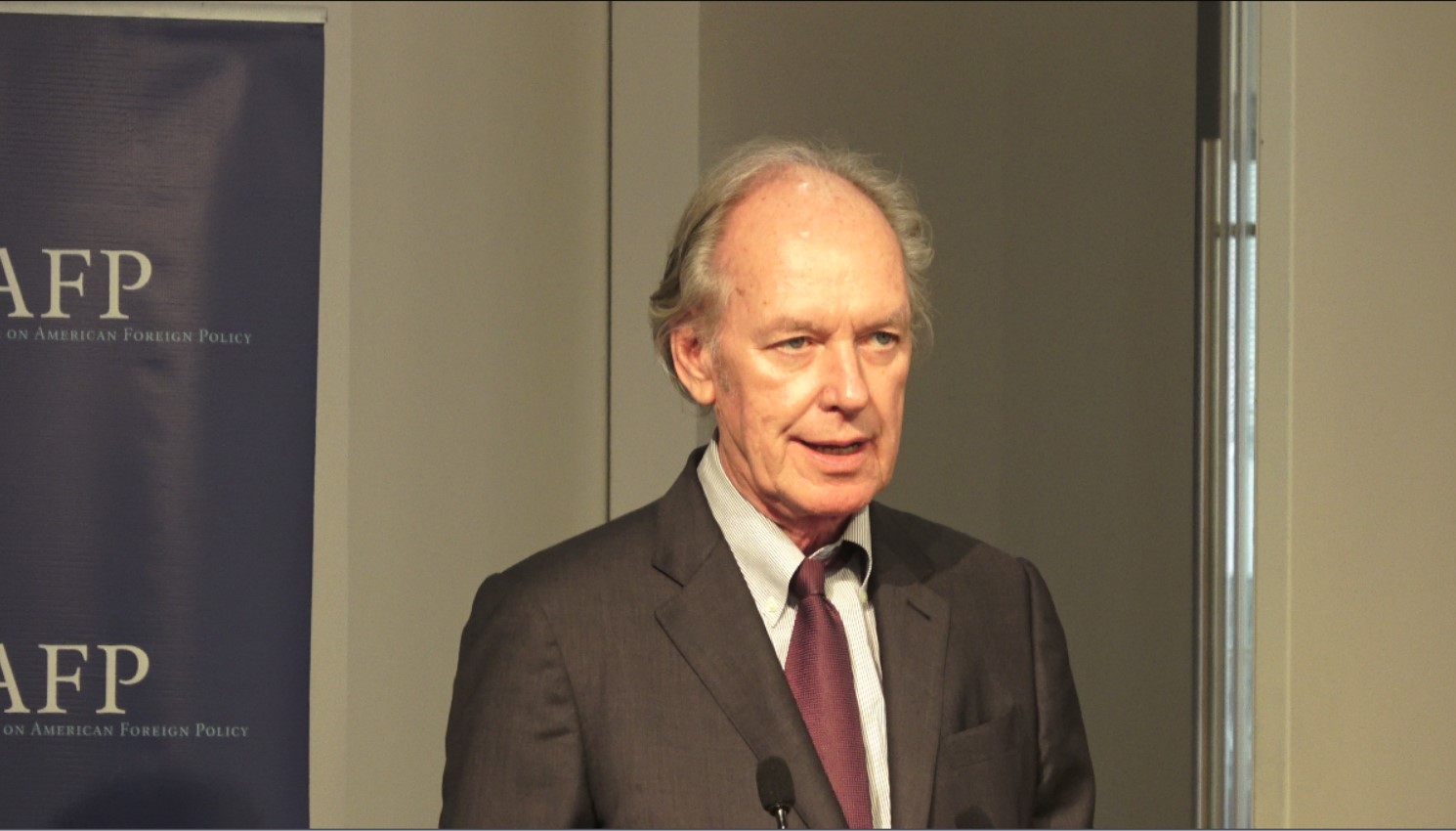
Tom outlined the organization's diverse programming across arts, culture, education, business, and policy, highlighting their collaboration with the National Committee on American Foreign Policy on multifaceted discussions about the US-Korea alliance and broader international relations. He set the stage for an engaging conversation about the US's strategic use of the dollar and its implications on global supremacy and democratic values.
Tom introduced the event, emphasizing the organization's mission to enhance cooperation and understanding between Korea and the United States. He highlighted the organization's multifaceted approach, encompassing arts, culture, education, business, and policy, and its collaboration with the National Committee on American Foreign Policy. Tom set the context for the discussion by touching on the themes of Celia Mosen's book, "Paper Soldiers," particularly focusing on the U.S. Treasury's use of a strong dollar policy as a tool of economic and democratic influence, despite the ongoing challenges of maintaining the dollar's primacy in international trade and the U.S.'s eroding credit quality.
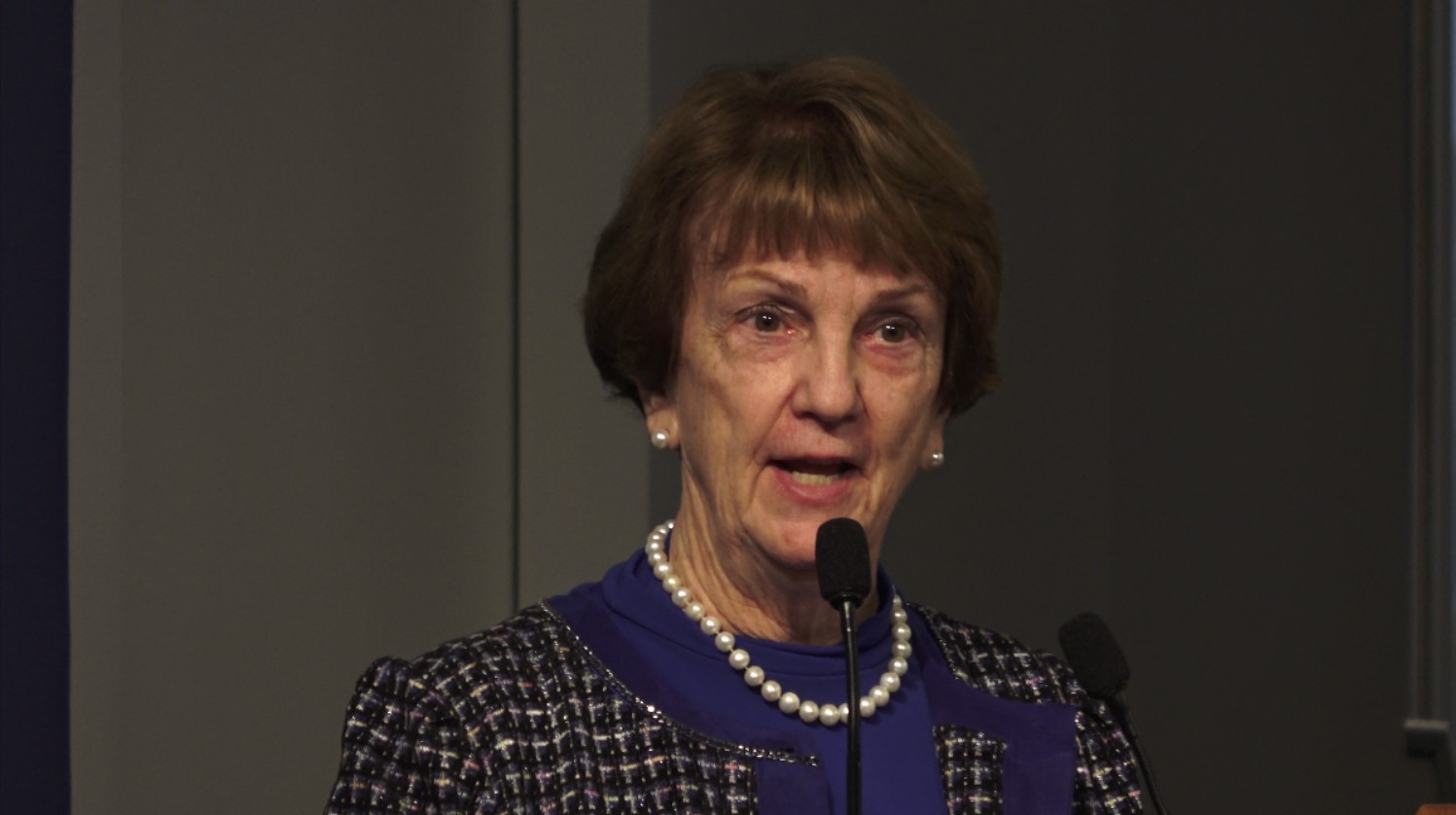
Susan Elliott, President and CEO of the National Committee on American Foreign Policy, thanked everyone for attending both in-person and virtually. She emphasized the value of personal interactions, especially in the context of the event's topic. She introduced the National Committee on American Foreign Policy as a non-profit, nonpartisan organization focused on informal diplomatic dialogues, also known as track two discussions. The organization hosts dialogues among parties in conflict from different countries, focusing on critical regions like the Republic of Korea and Japan and issues concerning North Korea.
Susan highlighted the committee's efforts in hosting roundtable discussions for members and experts and its emerging leaders program, which includes next-generation scholars with a focus on the Korean Peninsula. She stressed the close bond and collaboration between the National Committee and the Korea Society, especially in hosting public education programs like the one being held.
Marking the 50th anniversary of the National Committee, Susan reaffirmed the organization's commitment to shaping American foreign policy through vital discussions on topics affecting the region and the world. She acknowledged the proximity to the Korea Society and expressed eagerness for future collaborations.
In addition to thanking Tom and other participants, Susan highlighted the importance of the day's discussion regarding America's strong dollar policy and its implications. She expressed interest in understanding the potential impacts of changes in the dollar's value, especially concerning relations with the Republic of Korea and other global partners.
Susan then introduced the speakers, Celia Mosen and Jacqueline Adams, emphasizing their expertise and the significance of their discussion in shedding light on the themes of the book "Paper Soldiers" and the broader context of the U.S. dollar's role in global economics and policy.
Susan's speech offers an insightful overview of the National Committee's objectives and its synergy with the Korea Society in fostering informed discussions on international relations, emphasizing the importance of the event's theme in understanding the intricacies of American foreign policy and economic strategy.
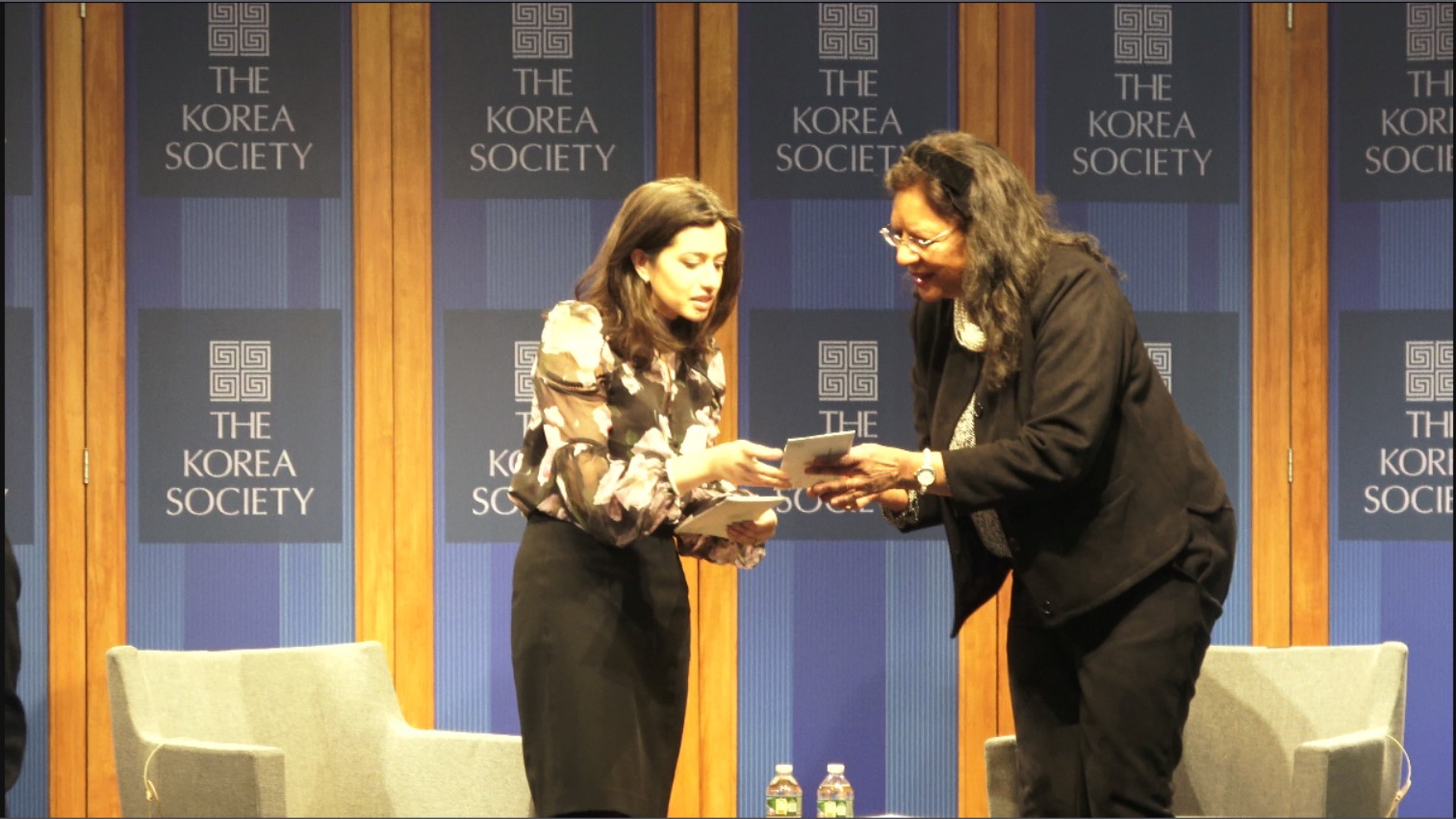
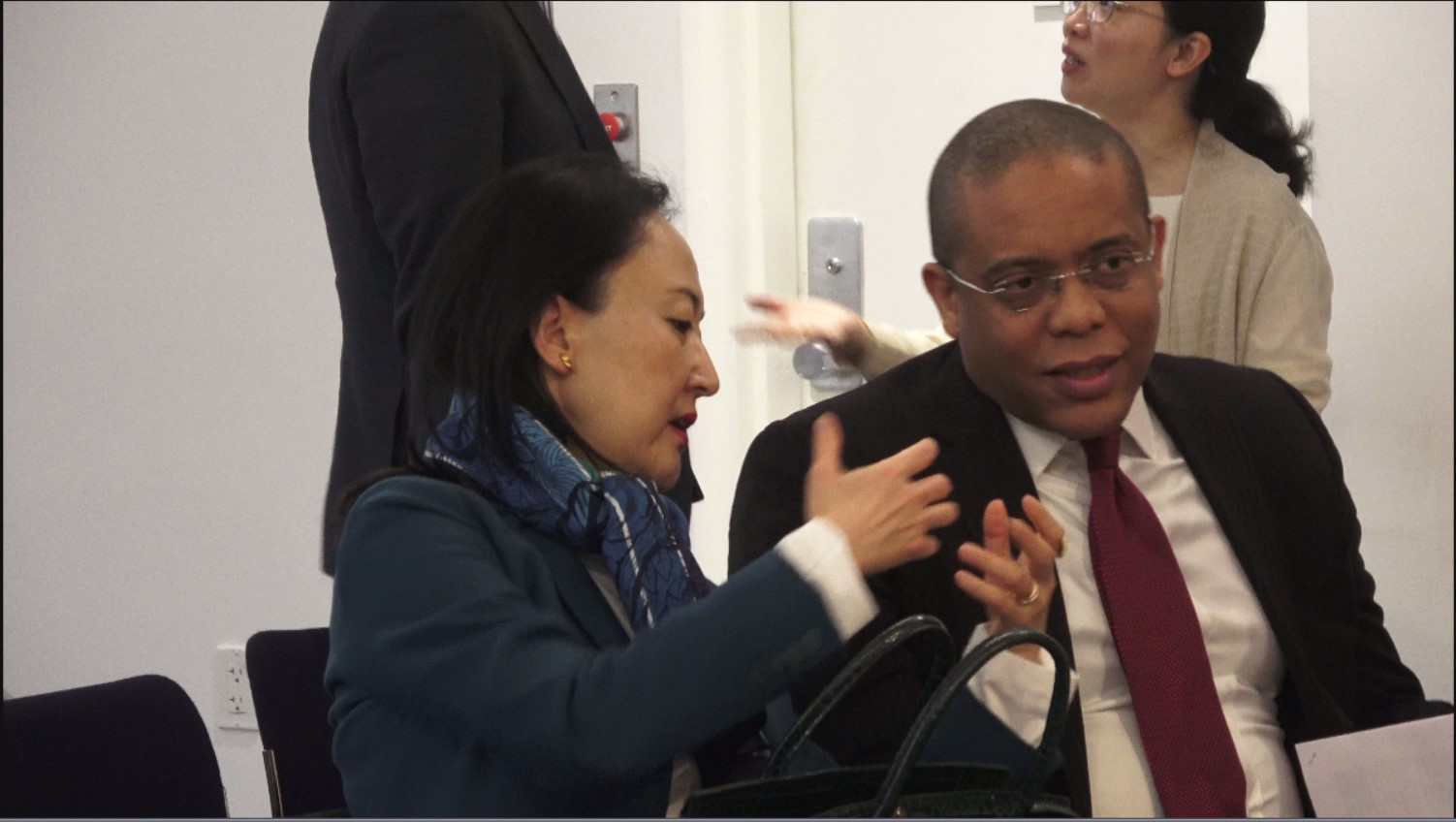
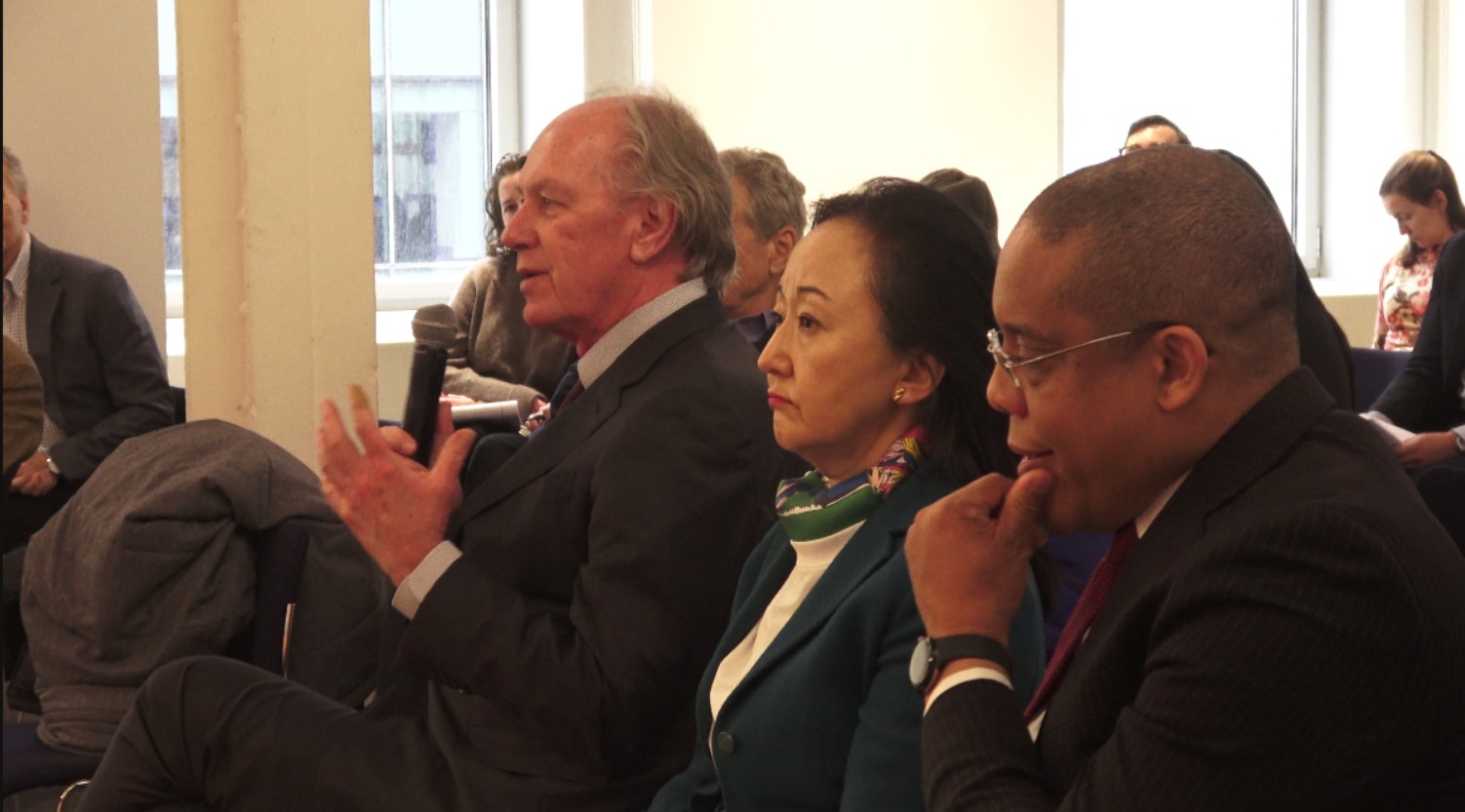
The dialogue also touched upon the challenges faced by the US economy, emphasizing the interconnectedness of domestic policies and global economic structures. The event facilitated a robust discussion on the resilience of the dollar amidst geopolitical shifts and financial uncertainties, offering a platform for attendees to engage with the economic narratives shaping our world.
The insightful conversation underscored the importance of understanding the dollar's weaponization and its broader implications. It highlighted the need for collaborative efforts to navigate the evolving global landscape and to consider the future of economic strategies in shaping a balanced global order.
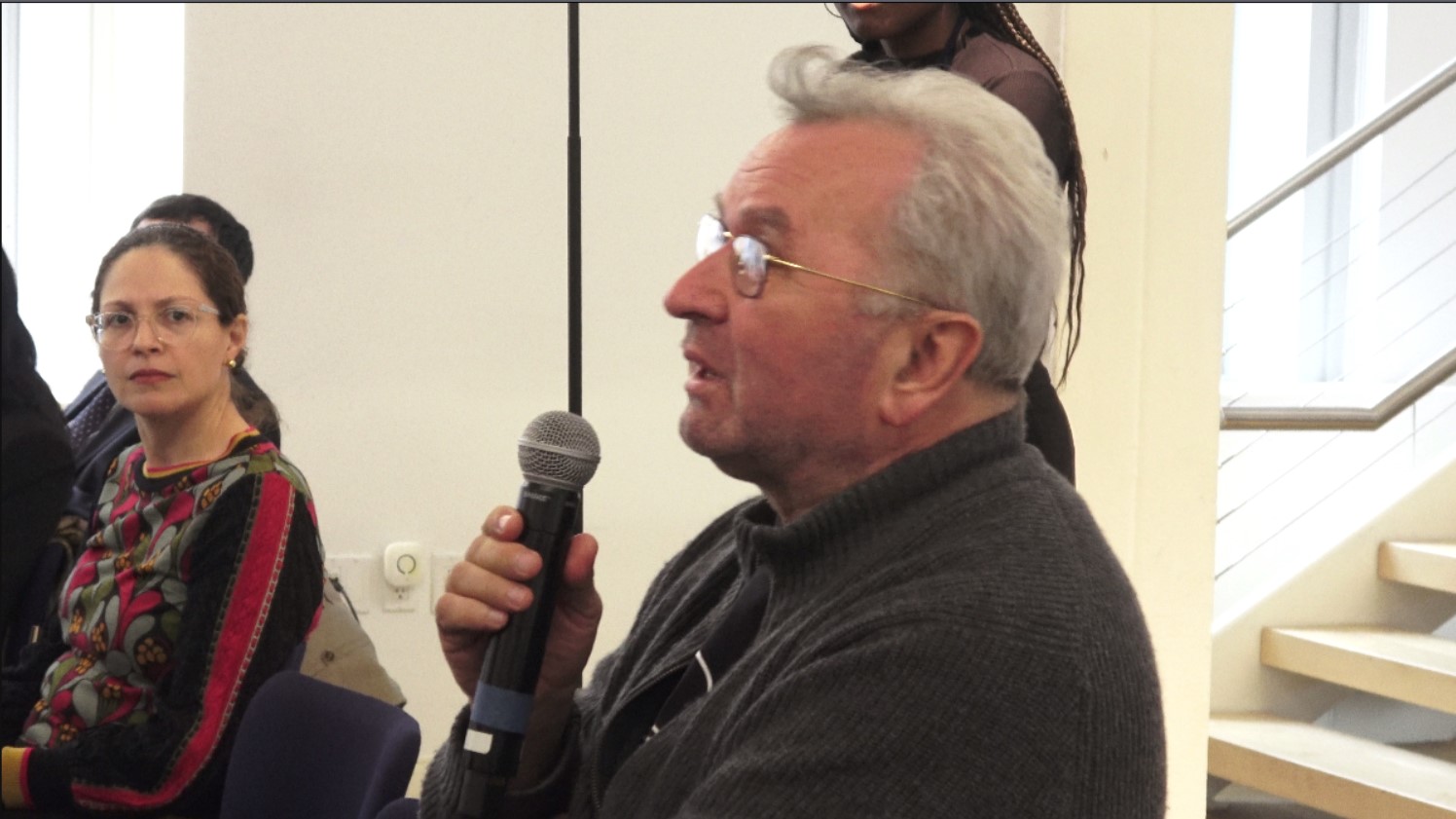
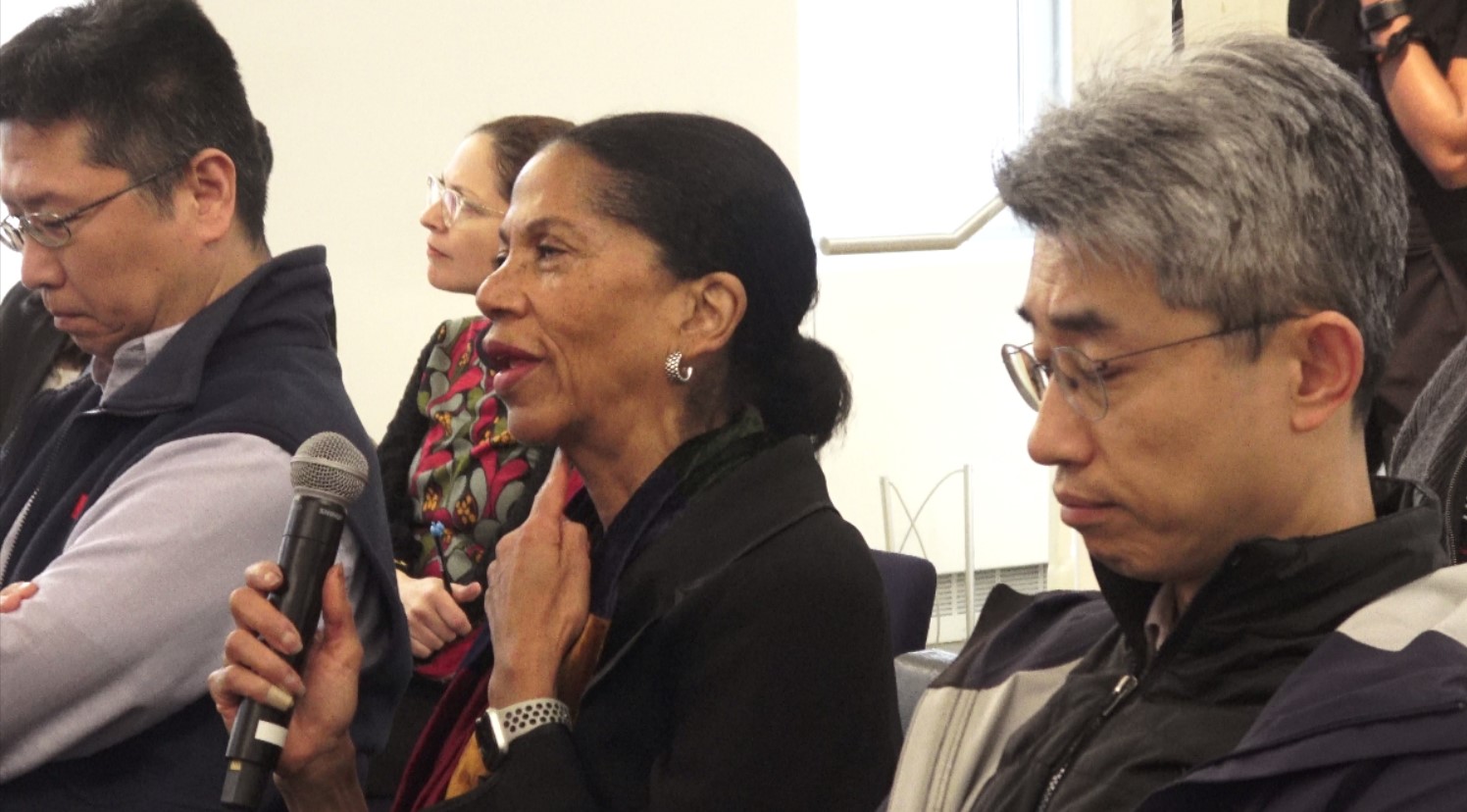
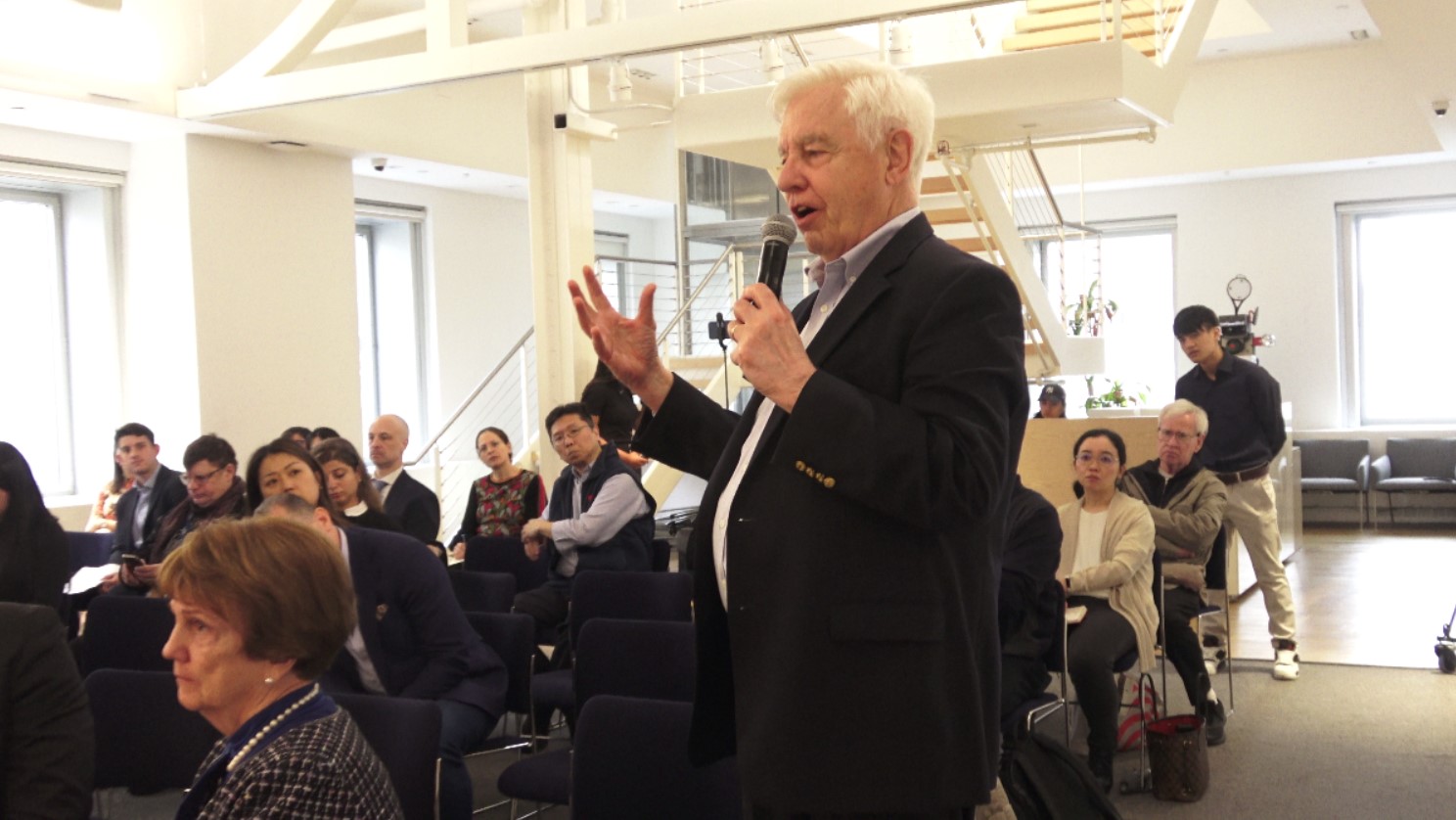
The event predominantly discusses the global influence of the U.S. dollar, its impact on international relations, economic sanctions, and the strategic financial policies of the United States. While the main focus is on the U.S. dollar's role in the world order and its relation to U.S. economic policy, there are a few mentions of China in the context of global financial dynamics:
-
Yuan as a Potential Alternative to the Dollar: The conversation touched upon the notion of the Chinese yuan potentially becoming an alternative to the U.S. dollar as the world's reserve currency. It was noted that despite China's economic size and efforts to internationalize the yuan, the currency lacks the transparency and openness that investors find in the U.S. dollar, which is crucial for a global reserve currency.
-
Global Financial Fragmentation: There's a mention of the world dividing into two camps, with one led by China and the other by the U.S., indicating a fragmentation in global financial alliances and the potential implications for the U.S. dollar's dominance.
-
China's Economic Policies: The discussion briefly touched on China's control over its currency and the challenges that pose for the yuan to be seen as a viable alternative to the dollar in the global financial system.
These mentions provide a context for China's role in the global financial system and its relationship with the U.S. dollar's dominance but do not delve deeply into Chinese-specific topics or policies. The overarching theme remains focused on the U.S. dollar's influence and the strategic economic considerations of the United States on the world stage.
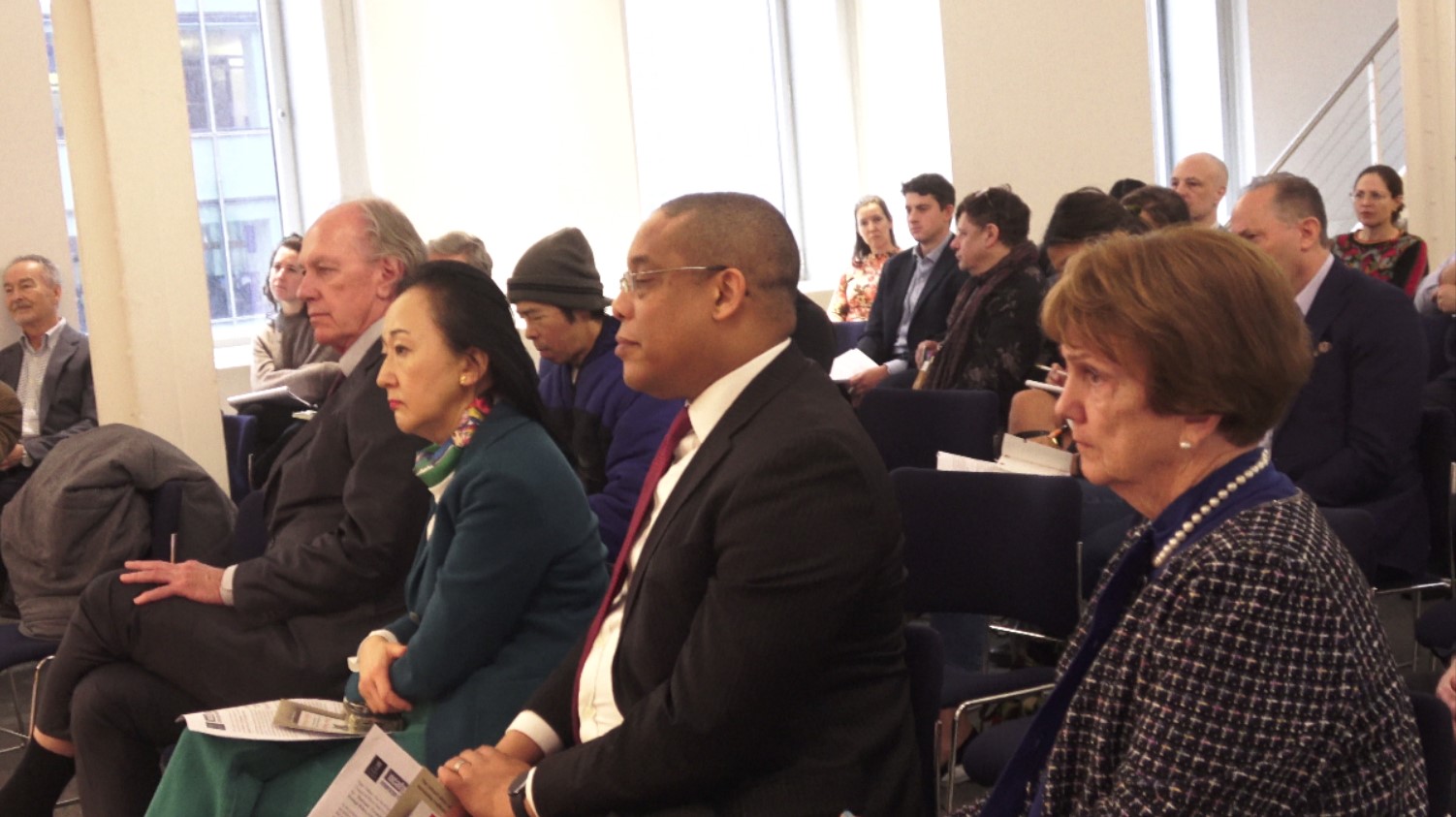

The co-organizers emphasized:For further insights into "Paper Soldiers" and the weaponization of the dollar, attendees were encouraged to explore additional resources and engage with the ongoing dialogue on this critical subject, reinforcing the event's role in fostering informed discussions on pivotal economic and policy issues.
About [Organization Name]: Dedicated to promoting mutual understanding and cooperation between Korea and the United States, [Organization Name] offers comprehensive programs in arts, culture, education, business, and policy, contributing to the discourse on international relations and economic strategies.
